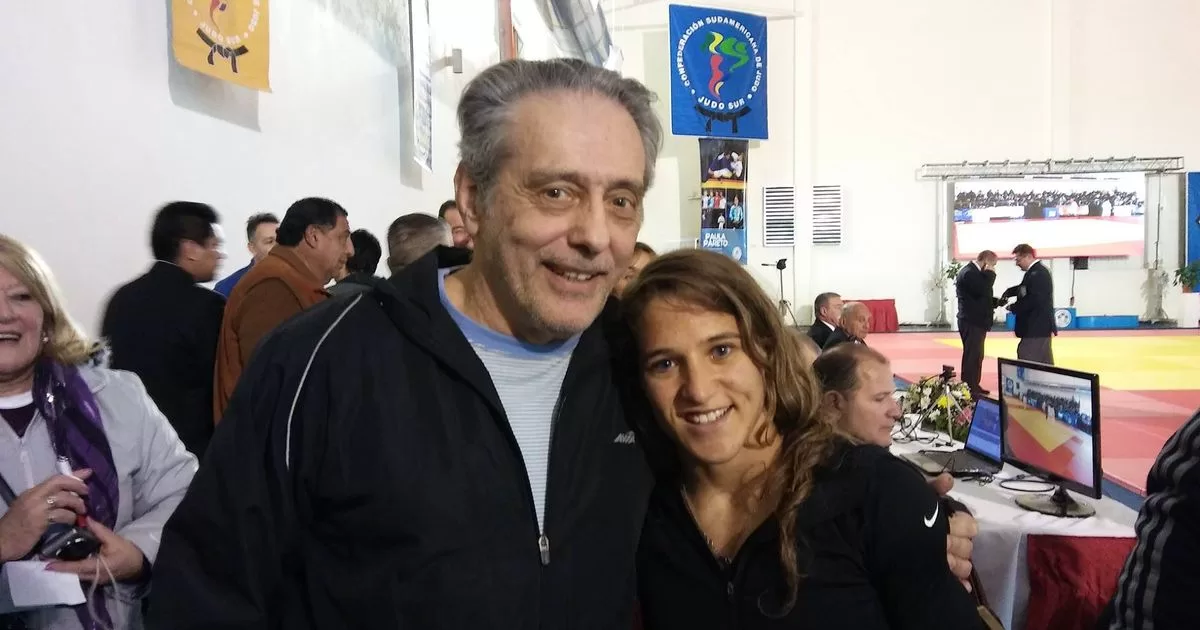Eduardo Filgueira Lima You already have the scalpel ready to cut in the Health area if Javier Miley becomes president: the pampean who was provincial undersecretary of Peronist governments in the 1990s and today is the benchmark for libertarians in the health area evaluates the possibilities of imposing a new system on public hospitals and completely deregulating the social work system , including PAMI. That means an advance on the governorates.
Filgueira Lima is the health reference of La Libertad Avanza. Today he has been, for more than a decade, an academic advisor to the Fundación Libertad y Progreso. He has the idea that “Today’s system is perverse, because the public hospital holds the population captive”. In addition, he believes that PAMI is “one more social work that could compete with other social works, it does not have to be intervened by the State, it is intervened only for political interests.”
Very consubstantiated with the “libertarian” looks of the time, the doctor affirms that “too much is spent” on Health and considers that “Societies grow like this: feeding on the market of ideas”.
Its objective is “the efficiency of health institutions” and causes: “the public hospital has no incentives to improve, it is perfectly well known, and I have lived it, that in a service three work and two scratch…”.
Before we were partners
There was another time when Filgueira Lima, in La Pampa, participated in the Peronist liturgies. Milei would have denounced him as part of “the caste”: He was Undersecretary of Health between 1994 and 2002, in the last two governments of ruben marin. Later he took a leap for a brief exercise in the national vice ministry, until Kirchnerism arrived. He is a surgeon and also specialized in Sports Medicine. Since 1955 he has been linked to judo, as an athlete and as a manager. He also taught the practice of this activity at the Gimnasia y Esgrima de Buenos Aires (GEBA) club. In November 2009 he obtained the degree of Seventh Dan.
Pampean public health is usually pointed out as a national example, but In those years of Peronist liberalism, Filgueira Lima had the mission of adjusting in the area. The health professionals of the province do not have their best memories of him: the Health plant decreased, the Nursing school closed in 1998, which another administration reopened in 2005, eliminated some public hospital services with transfers to other parts of the country and reduced investments in medicines, today refresh workers of the pampean system.
When Marín left the government and landed in the management as governor Carlos VernaHe aired some suspicious facts that smacked of corruption, including the management of funds for medicines and the millionaire expenses on hospital oxygen. They also exploited complaints about the diversion of state funds to organizations linked to the officials themselves: Filgueira Lima had to parade through the courts as a member of one of the entities under scrutiny, the Patagonia Sports Foundation. For many years he has been away from visible political activity in La Pampa.
Freedom and Progress
In these hours, the sensei and surgeon Filgueira Lima is pointed out as a hypothetical person in charge of the Health area within the Ministry of Human Capital that Milei plots. The doctor disseminates his ideas within the framework of the actions of the Libertad y Progreso Foundation, which defines itself as a public policy research center created from the merger between CIIMA, Foro Republicano and Futuro Argentino.
The cover letter of that organization says: “We are a non-profit, private and independent foundation of any political, religious, business or government group. We do not accept state money. Our funds come solely from individual contributions from people, foundations and companies committed to the future of the country”.
Filgueira Lima plans that His Health proposal is based “on the will of the people”always under the theory that the community is “captive of the public hospital”.
He also clarifies that his main project, which is the universal imposition of health insurance, will ultimately depend on the will of the provinces and their governments. “Encouraging, guiding and treating the provinces to do this is substantive. They are issues of the provinces, they will carry it out or not ”, he clarifies.
Broadly speaking, the system would consist of the State paying an insurance. The patient would have a magnetic card or a voucher with which you will be treated.
What is not clear is up to what services or practices would be covered. Nor what would be the employment destiny of those who currently perform functions in the public health system. “Each province or each hospital entity has to solve it, they are autonomous entities that have to manage their own resources and not become plaintiffs and ask the minister for more and more personnel and equipment,” he preaches.
The doctor considers that “the public hospital is an administrator of resources that should go directly as a subsidy to people. The offer is being subsidized. The supply subsidy is a very dangerous issue because it allows the embezzlement of resources”.

